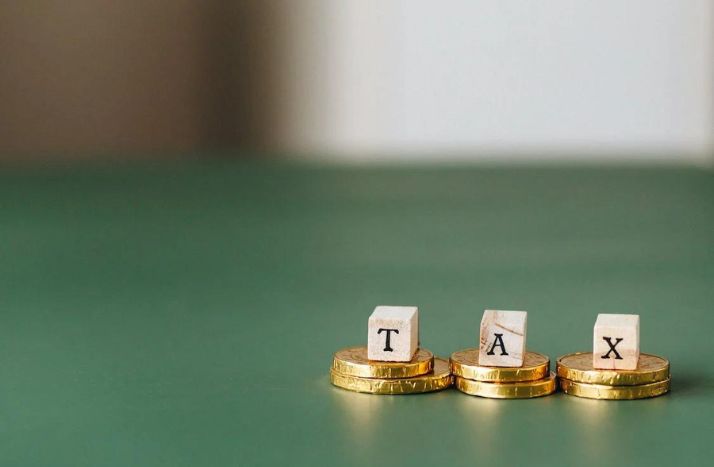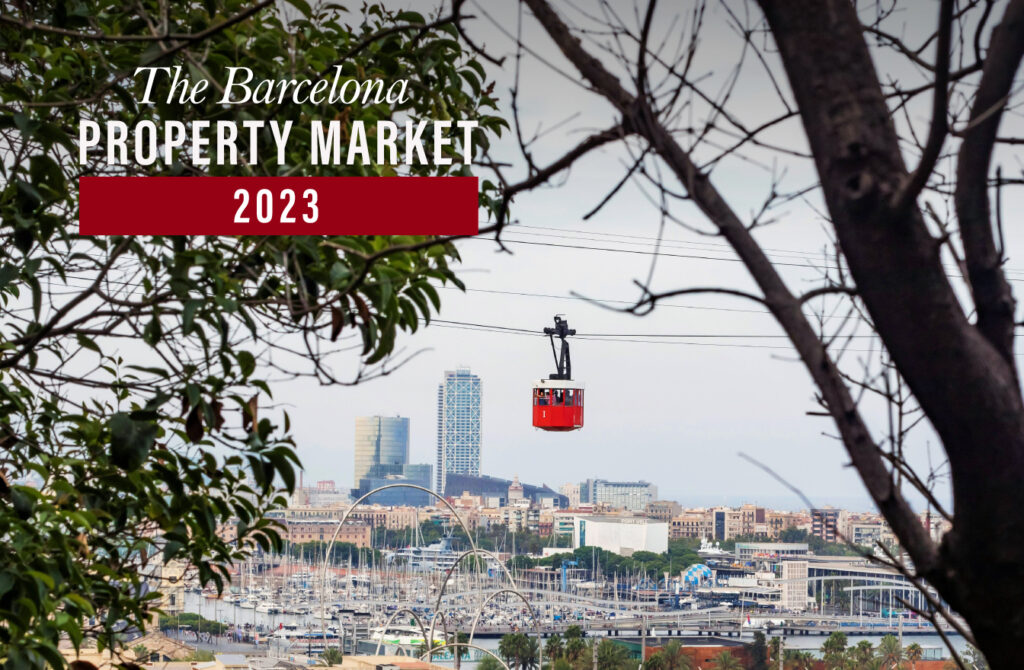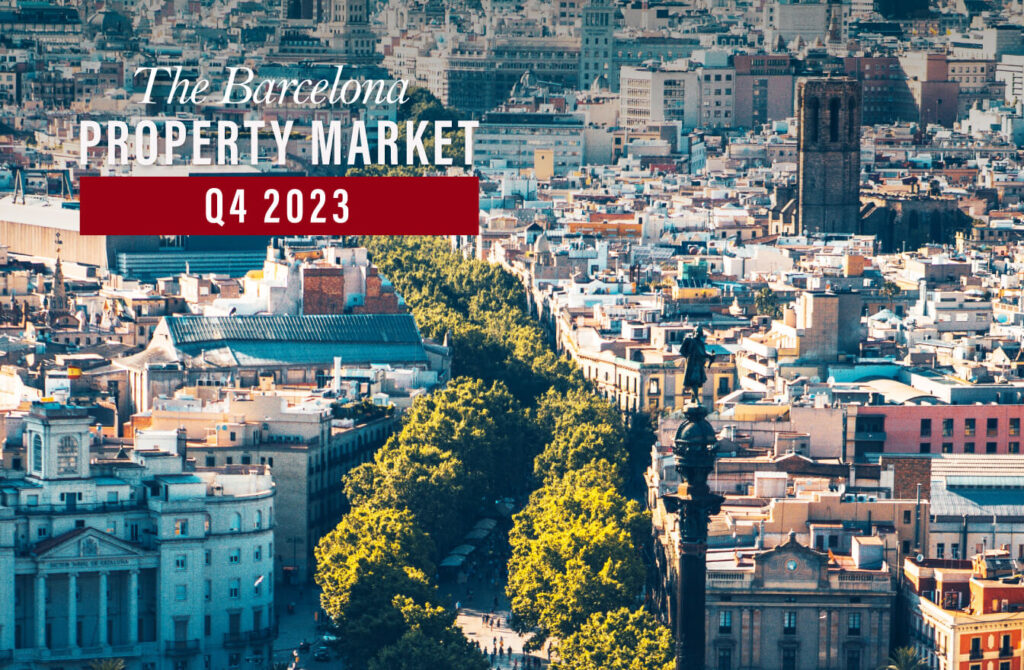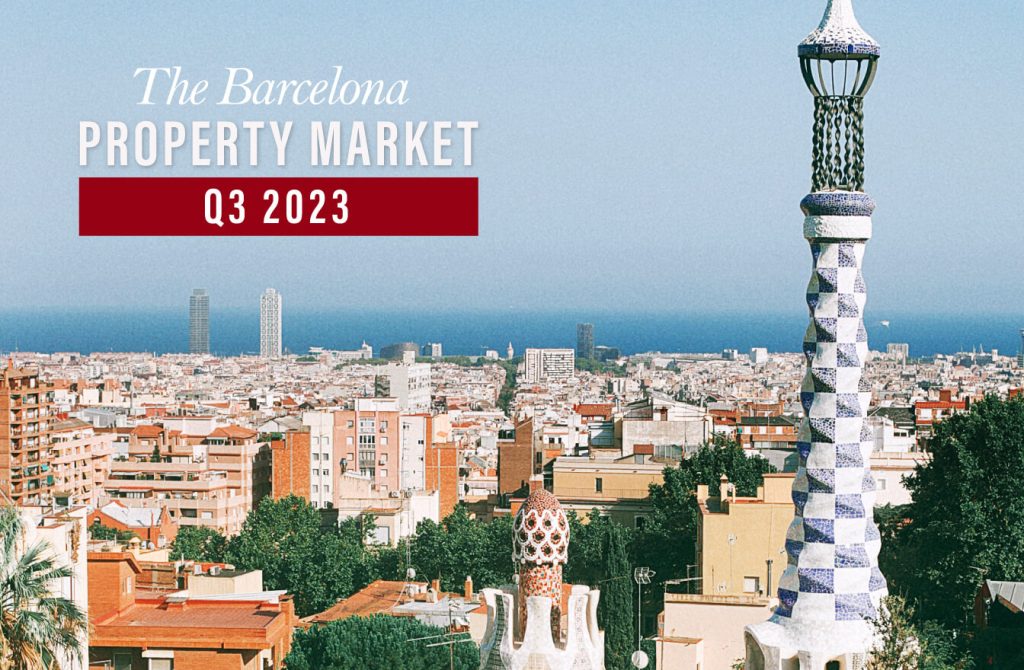
Are you looking for the taxes in Barcelona? If you want to live in Barcelona, you will be subject to income tax (IRPF) and municipal taxes (Impuesto sobre Bienes Inmuebles or IBI) on your property. The income tax rates vary depending on your income level, and the municipal taxes are calculated based on the value of your property.
As a non-resident, you may also be subject to income tax if you earn income from Spanish sources, such as rental income from a property located in Barcelona. Non-residents are also subject to a special tax on property ownership (Impuesto sobre la Renta de no Residentes or IRNR), which is calculated based on the value of the property and the rental income earned. We will go into much more detail in the following article:
What taxes do you pay in Barcelona, Spain?
Income taxes in Barcelona
In Barcelona, income taxes are managed by the Spanish Tax Agency, which is responsible for collecting and enforcing the country’s tax laws. The amount of income tax you will need to pay if you want to buy luxury apartments for sale in Barcelona, depends on a number of factors, such as your income level, your marital status, and any deductions or credits that you may be eligible for.
The Spanish tax system uses a progressive tax rate, which means that the more you earn, the higher the percentage of tax you will need to pay on your income. In 2021, the tax rates in Barcelona range from 19% to 45%, with the highest rate applying to those with an annual income of €60,000 or more.
In addition to the national income tax, residents of Barcelona may also be subject to local taxes, such as property taxes and municipal taxes. These taxes are set by the local government and are used to fund public services and infrastructure in the city.
It’s important to note that there are many deductions and credits available that can help reduce the amount of income tax you need to pay in Barcelona. For example, you may be able to deduct expenses related to your job, such as transportation or work-related meals, or claim tax credits for charitable donations or education expenses.
If you are unsure about your tax obligations in Barcelona, it’s always a good idea to seek advice from a qualified tax professional who can help you understand the local tax laws and regulations.
Property taxes in Barcelona
In Barcelona, property owners are subject to a property tax called Impuesto sobre Bienes Inmuebles (IBI), which is similar to property taxes in other countries. The IBI is an annual tax that is based on the cadastral value of the property, which is a value assigned to the property by the government based on various factors such as the location, size, and condition of the property.
The IBI rate in Barcelona is set by the city council and can vary depending on the location and type of property. Generally, residential properties have a lower IBI rate compared to commercial properties. The IBI is payable annually and can be paid in one lump sum or in installments.
Additionally, there is a tax on the increase in the value of urban land, known as the Impuesto sobre el Incremento de Valor de los Terrenos de Naturaleza Urbana (IIVTNU) or commonly referred to as the “Plusvalia” tax. This tax is payable when a property is sold or transferred and is based on the increase in the value of the land from the time of acquisition to the time of sale or transfer.
It’s important to note that property taxes and rates are subject to change, so it’s best to consult with a tax professional or the local government to get the most up-to-date information on property taxes in Barcelona.
What is the VAT rate in Barcelona?
The VAT rate in Barcelona is the same as the rest of Spain, which is currently 21%. However, there are reduced VAT rates of 10% and 4% that apply to certain goods and services, such as food, books, and healthcare products. It’s important to note that these rates are subject to change and may vary based on specific circumstances.
Wealth tax in Barcelona
Spanish Wealth Tax is a tax on the net worth of individuals and is known as Impuesto sobre el Patrimonio. It is a progressive tax, meaning that the tax rate increases as the net worth of the individual increases. The tax is levied on a nationwide basis, and the rate can vary by region. In Catalonia, which includes Barcelona, the Wealth Tax rate ranges from 0.21% to 2.75% depending on the amount of net worth: you can learn more about the taxes payable on the sale of a property in Catalonia in our other article.
For individuals with a net worth of less than €500,000, there is a tax exemption, which means they do not have to pay any Wealth Tax. For individuals with a net worth of more than €500,000, the tax is calculated on the net worth above this amount. The maximum tax rate in Catalonia is 2.75%, which is applied to net worth above €10,695,996.
It’s important to note that Wealth Tax is an annual tax, and individuals are required to file a tax return and pay any owed taxes by the deadline, typically in June each year. It’s recommended to consult with a tax professional to understand how the Wealth Tax applies to your individual situation.
On the other hand, if you are thinking of buying a property in the Catalan capital, you should bear in mind that you will also be subject to the transfer tax in Barcelona or ITP, a tax that applies to the purchase of a second-hand property (although it will also apply to the purchase of a car, the rental of a property or the increase or reduction of the capital of a registered company).
Property transfer and stamp duty tax
In Barcelona, the Property Transfer Tax (ITP) is a tax levied on the transfer of real estate properties, such as apartments, houses, and land. The ITP rate in Catalonia is currently set at 10% of the property’s declared value, although there may be variations depending on the specific circumstances of the transaction. That is why, if you want to sell an inherited house in Catalonia, you must take into account this type of tax and everything related to this transaction.
Apart from the casuistry of having an apartment or house inherited by several siblings, we must take into account another tax: the Stamp Duty (AJD). This is also paid on real estate transactions in Barcelona, and is a tax that is calculated as a percentage of the total value of the transaction, and its rate is currently set at 1.5% in Catalonia.
It’s important to note that these taxes are subject to change, and you should always consult with a professional or the local tax authority for the most up-to-date information and advice. Additionally, other taxes and fees may apply to property transactions in Barcelona, such as notary fees and registration fees, so it’s important to factor these into your budget when buying or selling a property.
On the other hand, keep in mind that if you are thinking of selling your apartment in Barcelona or housing in general in Spain, you may be subject to a capital gains tax referring to the increase in the official value of the land between the dates of purchase and sale: tax which must be paid to the city council, beyond knowing the cadastral value of the property (if you are interested and want to find out more, we recommend you read another post in which we talk about the catastrazo or law of the cadastral reference value to learn more in detail about this concept.
Vehicle tax
In Barcelona, the vehicle tax is known as the Impuesto sobre Vehículos de Tracción Mecánica (IVTM) or the Municipal Vehicular Tax. It is an annual tax that must be paid by all owners of motor vehicles registered in the city, including cars, motorcycles, and trucks.
The amount of the tax is determined by the vehicle’s engine displacement, the age of the vehicle, and its CO2 emissions. The tax can be paid in one lump sum or in two installments, with the first installment due in April and the second in October.
In addition to the IVTM, there is also a tax on certain vehicles that are considered to be particularly polluting, such as those with high levels of emissions. This tax is called the Impuesto sobre la Contaminación de Vehículos (ICV) or the Vehicle Pollution Tax.
It’s important to note that the IVTM and ICV taxes are separate from other taxes and fees associated with owning a vehicle in Barcelona, such as the circulation tax and the mandatory vehicle inspection (ITV).



 Barcelona real estate market in 2023
Barcelona real estate market in 2023
 Evolution of the Barcelona real estate market: Q4 2023
Evolution of the Barcelona real estate market: Q4 2023
 Evolution of the Barcelona real estate market: Q3 2023
Evolution of the Barcelona real estate market: Q3 2023
